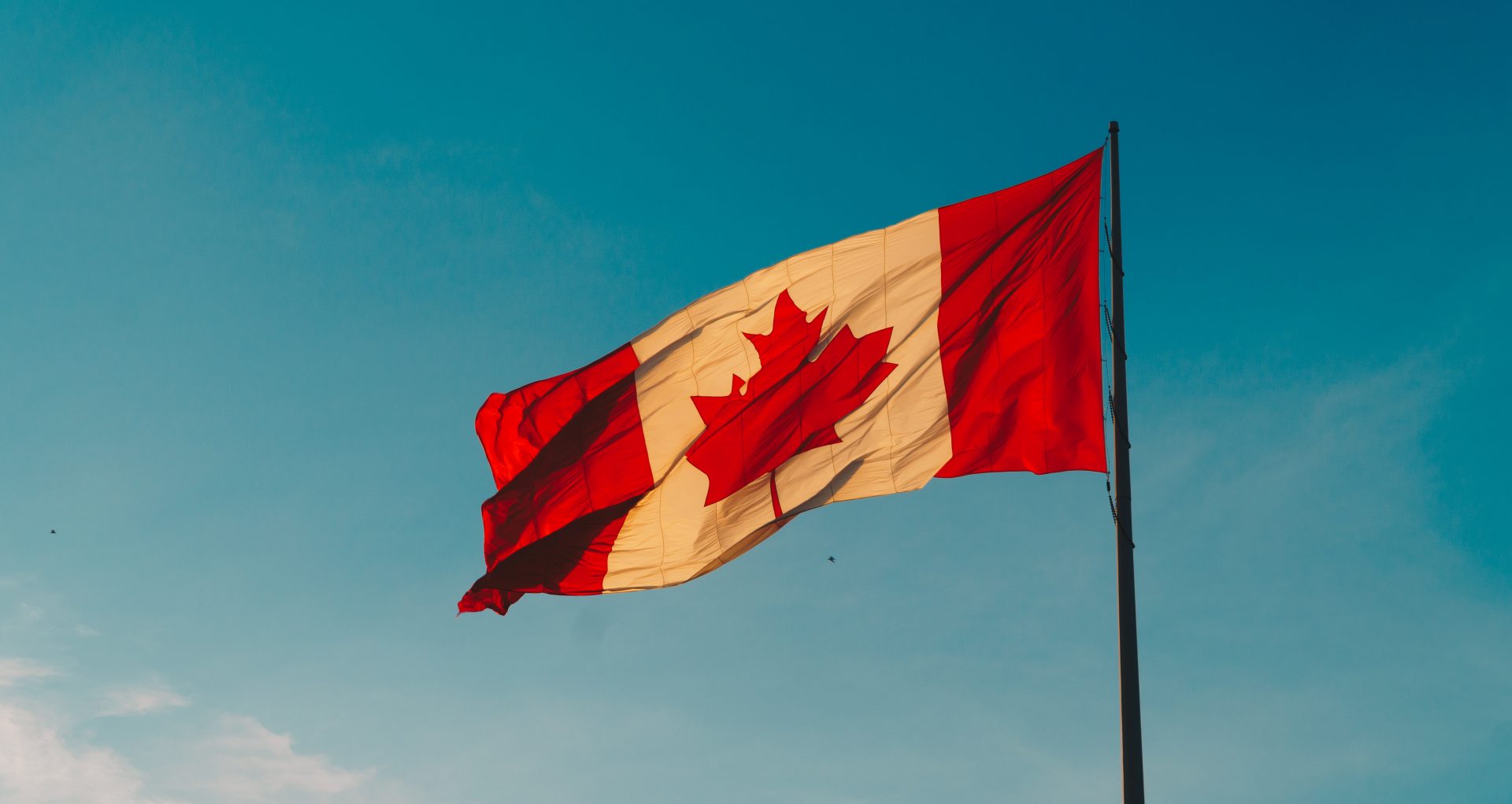Amr Al-Faham remembers the moment after his arrival to Canada from Turkey in December 2016, when the documents placed in his hand identified him as a permanent resident of Canada. This was the start of a new life; one that was made possible thanks to the Ripple Refugee Project, a Toronto-based not-for-profit private sponsorship group.
“I still cannot believe that on arrival, and with a two-hour process, I was provided with documents that will help change my life for the better and for the rest of my life,” he wrote in a 2016 blog.
Al-Faham is one of the thousands of displaced people who call Canada home after escaping war or persecution in their homeland.
Canada has committed to settling 45,000 refugees in 2019, including 19,000 through its Private Sponsorship of Refugees Program. Though it’s been around for 40 years, little is known about the private program or the Canadian volunteers who drive it.

Amr Al-Faham with his wife Rasha, son Kareem and Andrew Fitzgerald, of the Ripple Refugee Project, a Toronto-based private sponsorship group that brought Al-Faham and his family to Canada in December 2016. (Courtesy: The Ripple Refugee Project)
Private sponsorship groups must satisfy a number of requirements to be eligible to sponsor a family. They must prove they are able to support newcomers financially for the first 12 months after arrival. They also commit to assisting newcomers to adjust to their life in Canada.
Andrew Fitzgerald, chair of the Ripple Refugee Project, describes the relationship between the refugees and their sponsors as “unusual.” Newcomers who don’t know the language and aren’t familiar with Canadian customs rely on their sponsors at a critical point in their lives.
“It’s been amazing, actually, the trust factor,” he said about the newcomers who have no idea what awaits them when they arrive in Canada. “They aren’t informed by any authority that this is happening and yet they will leave the airport with us.”

Andrew Fitzgerald, chair,
The Ripple Refugee Project
at his home in Toronto. (Linda Vachon/Toronto Observer)
Fitzgerald and 15 others founded the Ripple Refugee Project in 2015, in part to protest what they saw as the slow response to the refugee crisis of the federal government under former prime minister Stephen Harper. The group hoped that their actions would have a “ripple effect” and inspire other Canadians to take action.
Ripple joined one of Canada’s more than 100 “Sponsorship Agreement Holders” or SAHs, groups that have signed sponsorship agreements with the federal government to help support refugees. Most SAHs are religious, ethnic, community, or humanitarian organizations and must apply for the status.
Prior to arrival, Ripple volunteers search for affordable housing for the new family, which, in Toronto’s tight rental market, has become more difficult. Landlords request letters of employment and a T4 slip that newcomers don’t have. In one case, a Ripple member had to co-sign the rental agreement, Fitzgerald said.
The first month after arrival is the busiest, Fitzgerald said. Volunteers are on hand to help families open up a bank account, schedule medical appointments, register for government programs and register children in school.
There is a tendency for some groups to “infantilize” the newcomers, feeling the need to drive them to every appointment, or to facilitate each encounter, he said. This comes from the feeling of ownership and responsibility the sponsors have for newcomers, Fitzgerald said. Ultimately, the goal is to empower the family to manage their own lives, he said.
The Ripple Refugee Project has received a steady stream of donations to help with expenses, which can amount to approximately $25,000 for a family of three, said Fitzgerald. In general, people have been welcoming of the newcomers and want to help, he said.
However, an Ipsos poll of 2,001 Canadian adults conducted for Global News and released in January suggests a hardening of attitudes toward immigrants and refugees. While more Canadians believe immigration has been positive than negative for Canada, 57 per cent agreed “strongly” or “somewhat” that immigration had placed too much pressure on public services in Canada. Nearly half, at 48 per cent, agreed “strongly” or “somewhat” that there are terrorists pretending to be refugees who will enter Canada to cause violence and destruction, while 47 per cent agreed most refugees aren’t really refugees but come here for economic reasons. The poll is considered accurate to within 2.5 percentage points, 19 times out of 20.
Rebecca Davies, a Ripple member, said she did not hesitate to offer a place in her home to a mother and four children from Eritrea last November. For Davies, it was an opportunity to give the family a “dry run” at life in Canada.
“It gave me time to show the mother, Jamila, how to get her children ready for school, how to prepare lunches and that you need to have different shoes for the winter,” Davies said.
The family made headlines when Davies posted a video that captured the excitement of two of the children playing in their first snowfall.
A first snowfall for Eritrean children new to Canada. #NewcomersWelcome #WelcomeToCanada #RefugeesWelcome #privatesponsorship #BVOR pic.twitter.com/XaWTDGAxfg
— Rebecca Davies (@RebsD) November 10, 2018
Davies said she felt a ‘hole’ in her home when Jamila and her children moved to their own apartment.
Davies balks at the idea that their sponsorship efforts are extraordinary.
“The extraordinary part is the leap of faith that the newcomers are willing to make for a better life in Canada,” Davies said.

